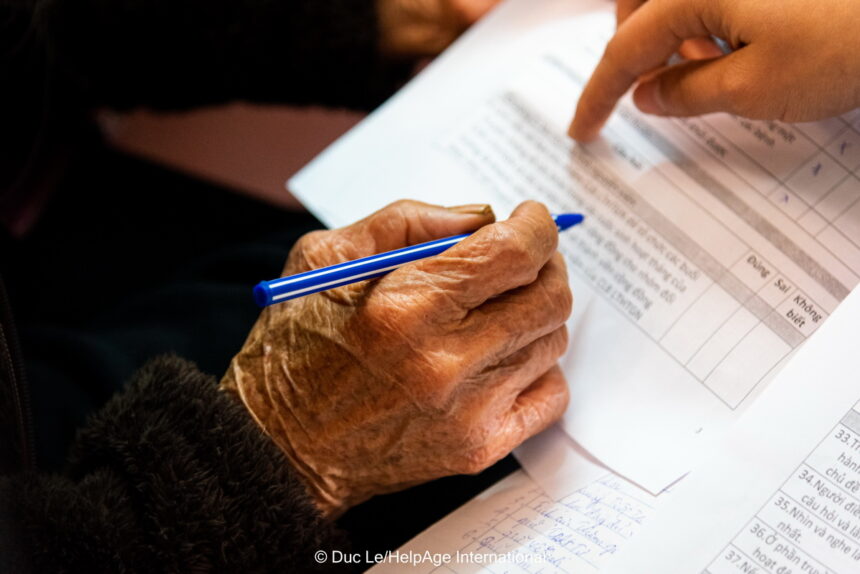Community-based health interventions are designed according to a community’s needs and may include a focus on health promotion, prevention and management of disease and behaviour change communication.
Behaviour change communication promotes and supports individuals and communities to adopt healthy behaviours, to reduce their health risks; this approach also influences community solidarity, self-reliance, and social support, which further supports behavioural change.
In many Southeast Asian countries, healthcare resources are often limited and access to health facilities can be challenging. Community associations and volunteers therefore play an essential role for implementing community health interventions.
From the literature, it is known that community-based interventions are more effective when tailored to the local language, including the lingo, and adapted to the local context, considering the community needs, values, interests, spiritual beliefs, and other sociocultural specific aspects. Knowledge about which topics and elements are most important for the culture and context varies and should be identified in consultation with local people.
The objective of this study, which is part of the SUNI-SEA project, is to develop and pilot test checklists, to support cultural and contextual adaption of community-based programmes. To achieve this, we first combined the concept of positive health and literature findings concerning contextual and cultural sensitivity elements. Based on this we developed two checklists: one for the evaluation of the community training modules, and one for the evaluation of the methods and process of the community volunteer training event. The checklists include several topics and elements found to be of cultural importance, i.e., local health traditions and traditional medicines, religious and spiritual health beliefs, and cultural influences on diet. The findings from the application of the checklists will be used to adapt the training modules, and volunteers training methods and processes. As a first step the checklists were piloted in Vietnam and Indonesia with input from project staff, training facilitators and community participants.
Following the pilot phase, two focus group discussions were organised with the Vietnamese and Indonesian teams. During these focus groups, in-depth experiences, and ideas about the pilot implementation of the checklists were discussed. Based on the results of the focus groups the checklists were further adapted.
The next step is to include experts and stakeholders from diverse parts of the world, in the discussion. During key informant interviews the content of the checklists will be discussed and previous findings will be presented, experiences will be shared, and new ideas and general input will be collected.
In conclusion, cultural and contextual adaptation of an intervention is difficult and dynamic, and to date there is no practical and scientific base about how to do this. Our goal is to achieve checklists templates for contextual and cultural adaptation, which can be used globally in different cultures and contexts to inform designs of effective community-based interventions.
Written by: Zinzi Pardoel, Researcher, University of Groningen, University Medical Centre Groningen




